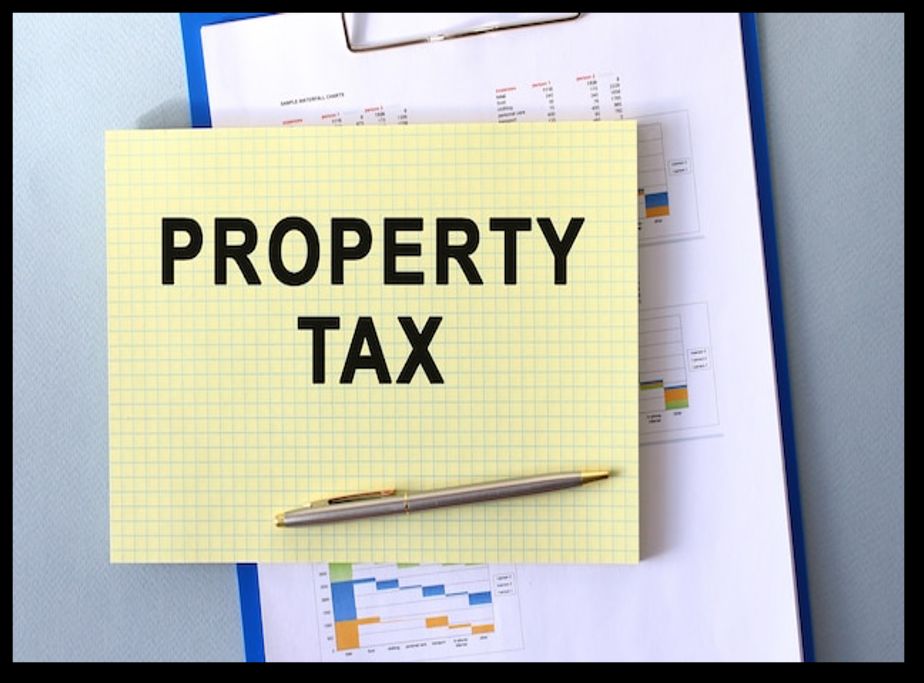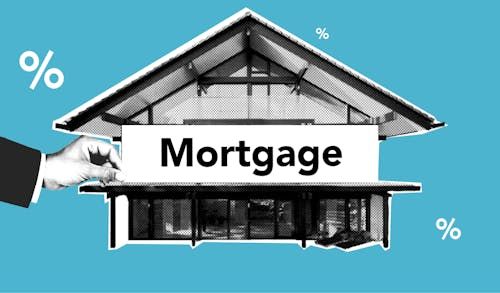When I first got my idle land, I wondered, “Will property taxes affect it?” After diving into this topic, I discovered some important things every landowner should know.
If you have idle land, understanding property taxes is crucial to managing your investment wisely.
What is Idle Land?
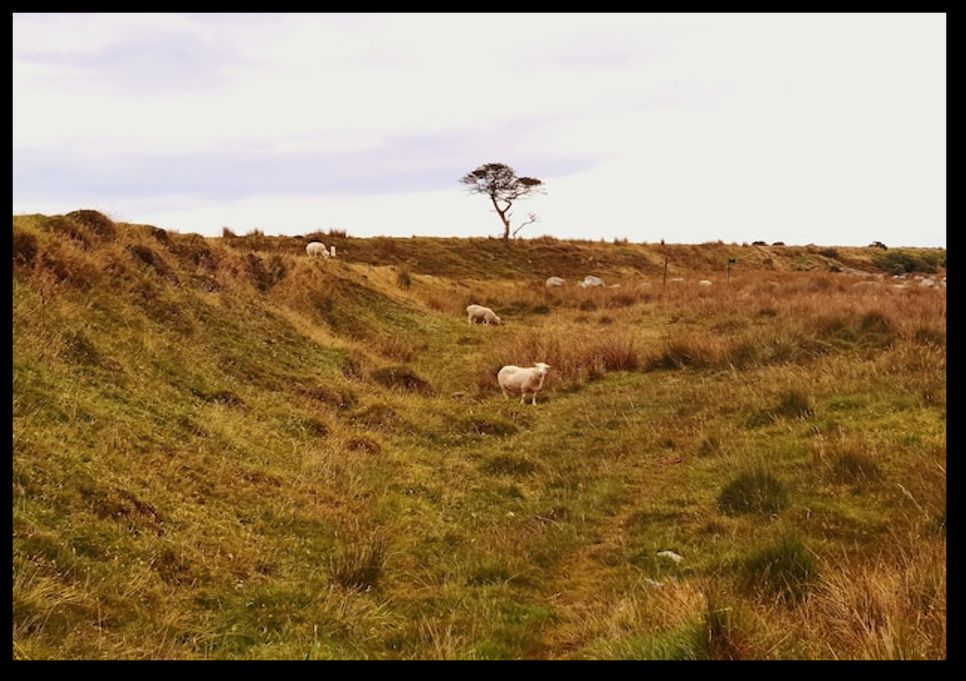
Idle land is a piece of land that was once used for farming or building but is now just sitting there, maybe even abandoned.
Sometimes, landowners leave it fallow to help it regain fertility. No matter the reason, this land still holds value and can appreciate over time.
Impact of Property Taxes on Idle Land
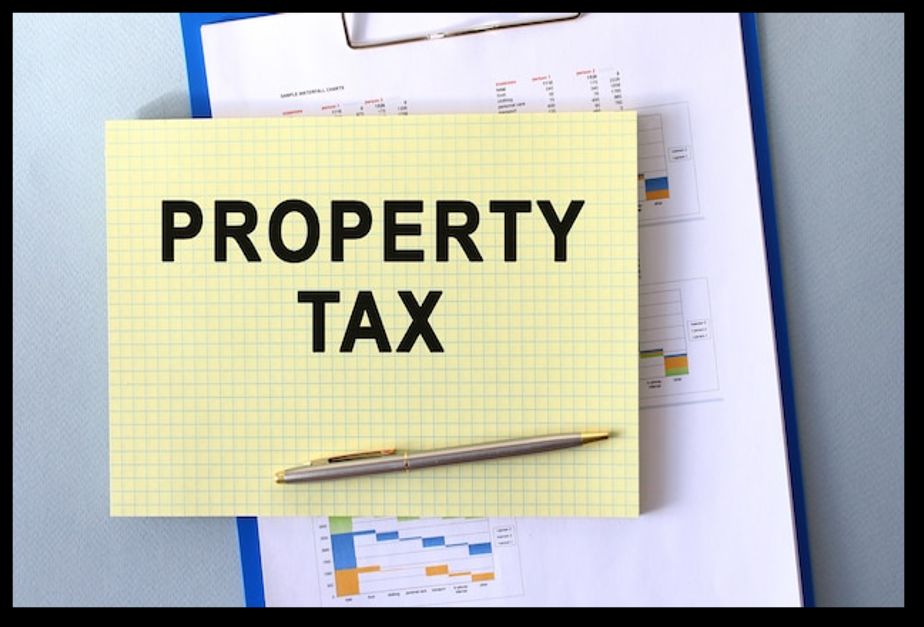
Yes, property taxes will definitely affect your idle land. Even if your land isn’t being used, you may still face tax liability.
It’s important to follow government laws about paying these taxes. Ignoring them can lead to serious problems later on.
Appreciating Value of Idle Land

Did you know that even idle land appreciates in value? The real estate market trends can influence how much your land is worth.
If the demand for land increases, your property could be worth more when you decide to sell.
Paying property taxes helps keep everything fair and ensures that everyone involved in a transaction trusts each other.
Property Evaluation and Assessment

To find out how much tax you owe, your idle land will need an assessment. This is where real estate appraisal comes in.
The tax rates are based on your land’s value, so understanding this process is vital. While the property tax rates on idle land may be lower than on developed land, you still need to be aware of your responsibilities.
Tax Requirements for Idle Land
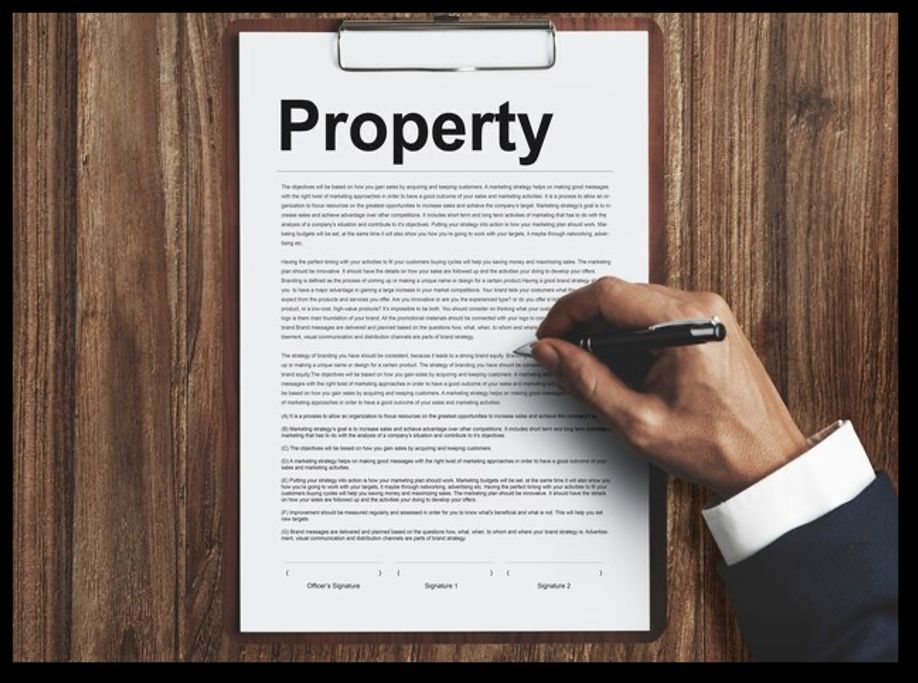
If you own idle land, there are a couple of important documents you need: a tax clearance form and a certificate of no improvement.
If these aren’t paid on time, you might face extra charges and penalties. It’s essential to stay organized to avoid these issues.
Reporting and Organizing Tax Expenses
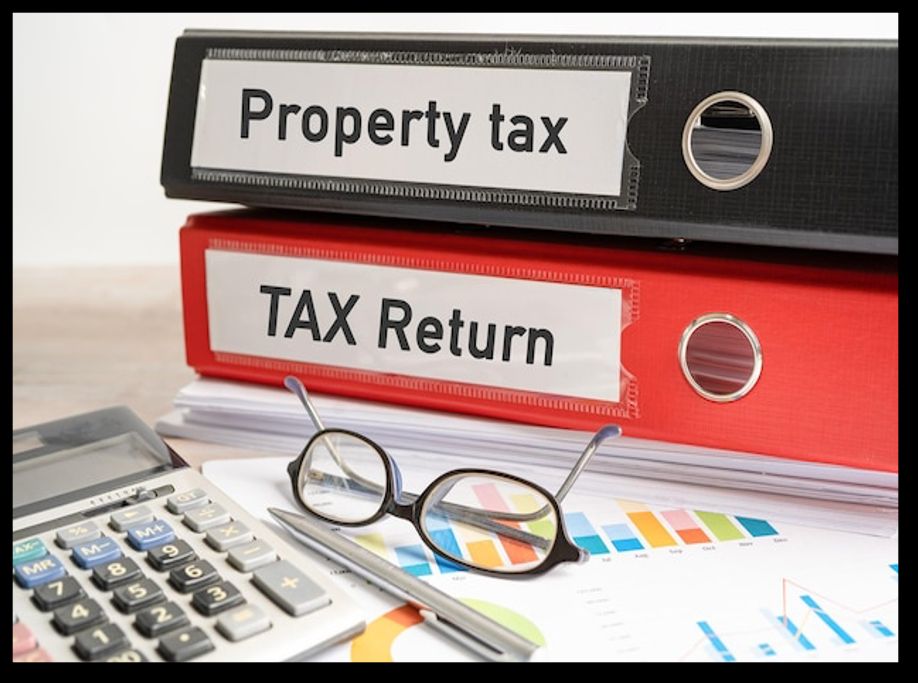
I recommend reporting your situation to the land registry and the KRA (Kenya Revenue Authority).
They can help you manage your tax expenses better. Keeping everything documented will make it easier to handle your taxes and could save you money in the long run.
Property Amenities and Development

Property taxes often contribute to local amenities like well-developed roads, security services, and water supply.
When these services are available, they can boost the value of your idle land. People prefer areas that are developing, so investing in your land could pay off later.
Investment Opportunities and Strategies
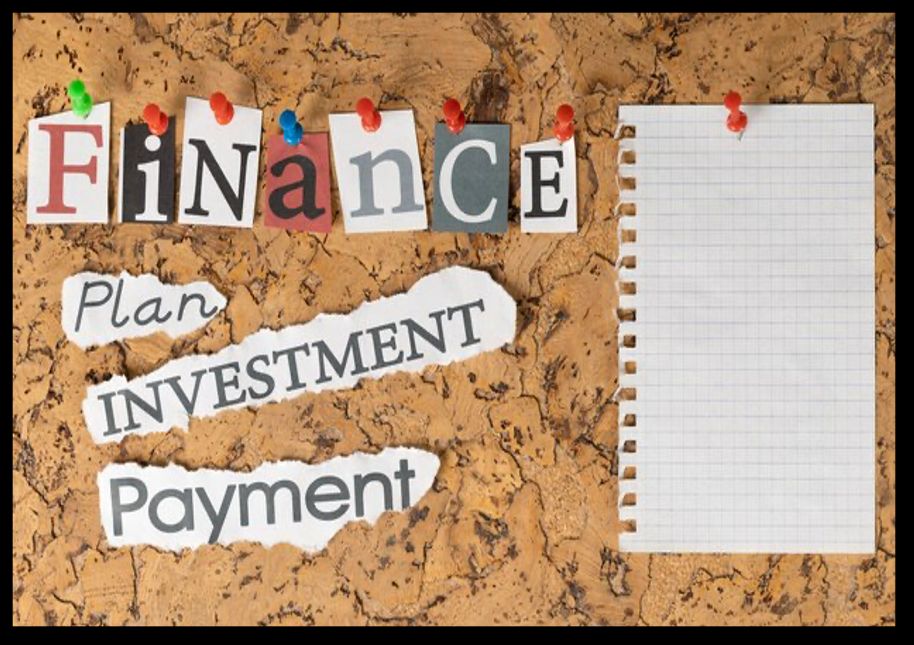
If your land is just sitting there, you might consider either selling it or developing it. Turning idle land into something productive not only increases its market value but can also open up new investment opportunities.
You could even collaborate with others to develop the land together.
